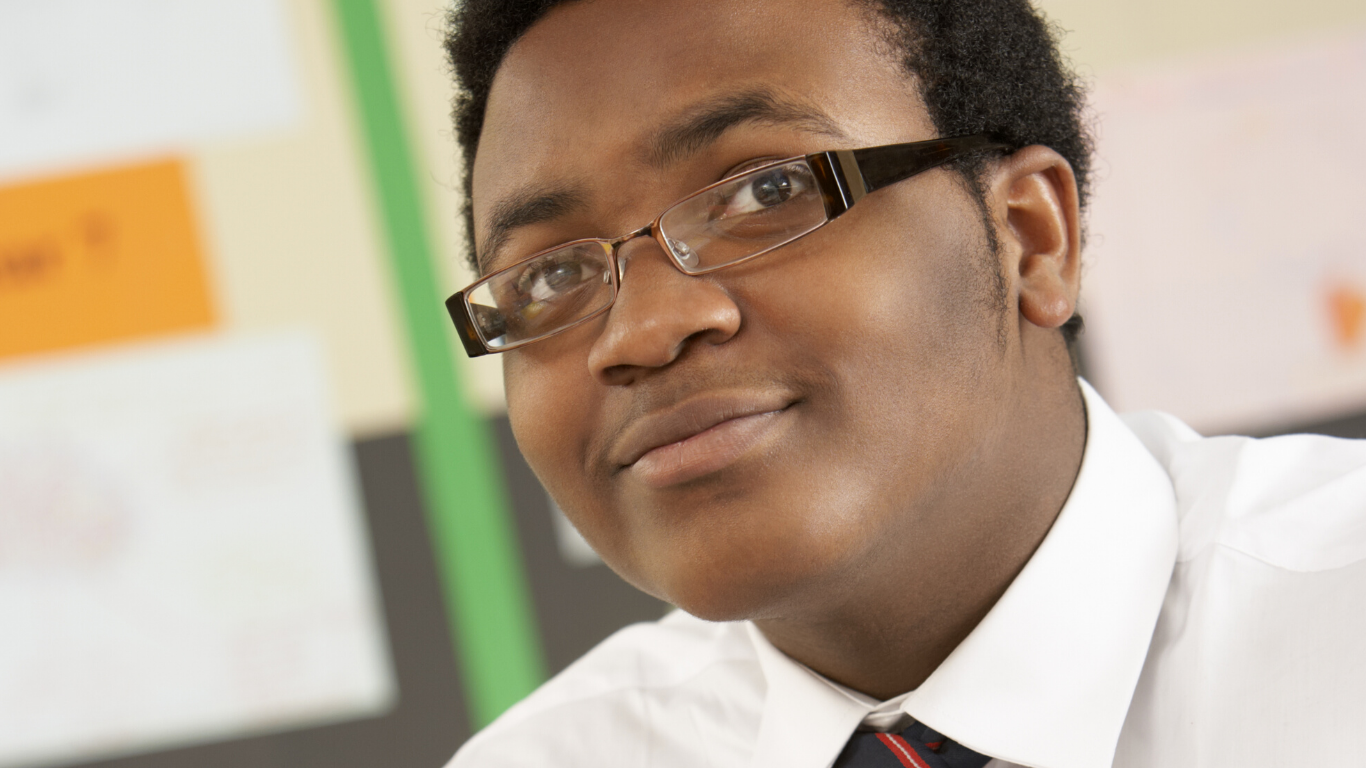“The International Baccalaureate is education’s best kept secret,” says Chris Cockerill, head of Fulham Senior School. A YouGov survey commissioned by Fulham Senior School suggested that most parents believed that their child’s education should focus on qualities such as confidence, critical thinking and taking responsibility. The IB has been specifically designed with those in mind. But is it right for your child?
What is the IB?
If you’re new to the IB, then you might be surprised to find out that pupils have been studying the IB since 1970. The diploma is a two year course, starting at age 16, which is assessed through a combination of internal assessment and exams. It covers a broader range of subjects than A levels. The subject groups are studies in language and literature; language acquisition; individuals and societies; sciences; mathematics; and the arts. Three subjects are at standard level and three at higher level.
Underpinning the subject groups are three mandatory elements: the theory of knowledge; creativity, action, service; and an extended essay. Each designed to develop social and interpersonal skills, and help produce well-rounded global citizens.
How does the IB compare to A Levels?
The A level is a UK subject-based qualification. The IB is, effectively, a worldwide qualification. Recognised by schools and universities around the world for its broad and rigorous education.
A levels test children on their academic ability. With the IB, your child is encouraged to grow not only as a student, but as a human. One of the IB objectives is to create a more peaceful world by creating more socially conscious adults who continue to make meaningful contributions as they go through life. Also the Creativity, Action, Service (CAS) aspect of the IB places emphasis on emotional and social development by involving pupils in activities outside the classroom. Giving the pupils some downtime.
Is the IB better than A Levels then?
The answer is no, it’s just different. And it really depends on your child. A level is three to four subjects studied in-depth whereas IB is six. For those who might want to specialise in Maths, Sciences or the Arts, A Levels will serve them better without the distraction of other subjects that they’re less interested in that are mandatory on the IB. It’s just not possible to give the attention needed to more specialist subjects when studying more broadly. In addition to that, there will also be some pupils where compulsory Maths just won’t work.
Next thing to consider is that IB is a demanding and content heavy course which needs self-initiated time management, which might not suit pupils who require more direction and guidance. Pupils are required to apply themselves over the entire two-year period rather than just at the end of the second year as with A Levels. For example they will be tested on subjects learnt at the beginning of the first year as well as at the end.
Lastly, although the A level is a UK subject-based qualification, both are excellent options that will help your child get a place at a top university globally, graduate with honours and go onto postgraduate studies.
Conclusion
So which route to pursue for your child? One size doesn’t fit all. It really does depend on your child’s individual strengths and needs. If you’d like further information about which is the right educational pathway for your child, please get in touch.

